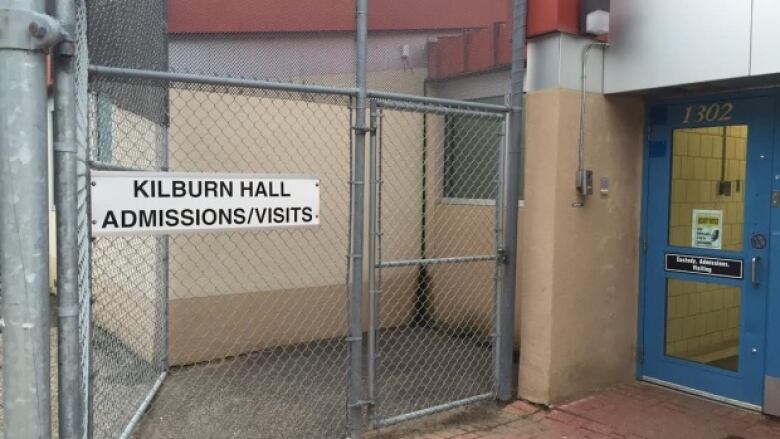'Recipe for miscommunication': Lawyer says Sask. gov't response not enough to prevent in-custody deaths
Changes made at Saskatoon's Kilburn Hall youth jail in response to inmate overdose in 2015

The lawyer who represented the family of a teen inmate who died of an overdose at Saskatoon's Kilburn Hall youth jail says the provincial government's response doesn't go far enough to prevent similar deaths.
"We have to remember, even though they are in custody, the young people in Kilburn Hall are children," said attorney Ammy Murray.
"Children deserve the utmost protection from the adults responsible for them,and this includes times when the Ministry of Corrections has taken on that responsibility."
What's changed
The ministry saysnurses had alreadybeen working weekends and holidays at the youth jail, providing care to inmates "365 days a year," but itsays weekend and statutory holiday nursing hours were added to the province's other youth facilities in March of 2016.
The changecomesin response to an inquest jury's recommendation that more nurses be added to the staff roster aftertheteenage inmate died of a methamphetamineoverdose at Kilburn Hall in July 2015.
Nurses at the youth jail are now working three hours a day on Saturdays, Sundays and statutory holidays, according to a letter the ministry recently sent to the Saskatchewan Coroners Service. The ministry says nursing hours have beenadjusted so they align withthe day-to-day operations of the facility, such as youth admissions.
The 17-year-old boy who cannot be identified under the Youth Criminal Justice Act did not die on a weekend, so the weekend and holiday hours"would not have helped" him,said Murray.
"The ministry's response does not address medical emergencies that may occur in the evenings, or outside of the six weekend hours nursing staff are on site," she said.
Late last year, the six-person coroner's inquest jury heard about the circumstances of the teen's death and made a number of non-bindingrecommendations on how to prevent similar deaths.
Increasing the number of on-site nurses at Kilburn Hallduring waking hours from 7 a.m. to 11 p.m., seven days a week was one of them.
The jury also called onthe ministry to install body imaging scanners at the facility, after hearing the teen likely smuggled meth into the facility.
The ministry said a request for proposals for the body scanners closed this month, and it is now evaluating them with an intent to award the contract to a bidder. Pilot testing is planned for theRegina Provincial Correctional Centre. If the pilot is considered successful, the ministry says it will decide where to add any further body scanners.
'Emergency response plan' developed
In response to a call for an "emergency response plan," the ministry said it has developed a medical emergency plan at the hall.
That plan was not attached to the ministry's letter (as such plans often are when agencies respond to coroner's inquest jury recommendations).In response to a CBC request for the plan, the ministry said it could not provide specifics, in the interests of maintaining the safety and security of its facilities.
Murray said she found the lack of details "concerning."
"Without knowing what the plan is, it is difficult to say whether or not it will prevent future deaths," she said.
The ministry has not accepted one of the jury's more sweeping recommendations: a call for all staff at the youth jail, not just medical staff, to get more training in how to take inmates' vital signs.
"This is the function of trained medical professionals and requires specific health care training that the ministry has determined not to be in line with the current core duties of youth workers in a custody setting," the ministry wrote.
During the coroner's inquest, two supervisors testified they didn't think the teen was overdosing, which is why they didn't call an ambulance until the teen was lying unresponsive on his cell floor.
But some staff members testified the teen knew he was overdosing and begged for an ambulance for hours before his death.
The ministry said it's still working on a "training package and yearly refresher around medical emergencies which would include drug withdrawals and overdoses."
Murray said one of the things the inquest heardwas hownursing staff were only available by telephone.
"Medical staff did not ever assess the teen while he was overdosing, and based on second and third hand information, advised staff to look for signs of an opioid overdose," she said.
Murray said an on-site medical professional may have been able to see that it was not an opioidoverdose.
"Without more medical staff present more frequently, further medical emergencies outside the limited working hours of nurses will similarly go through the same 2-3 person communication chain. It is a recipe for miscommunication."
With files from Charles Hamilton












_(720p).jpg)


 OFFICIAL HD MUSIC VIDEO.jpg)
.jpg)



























































































